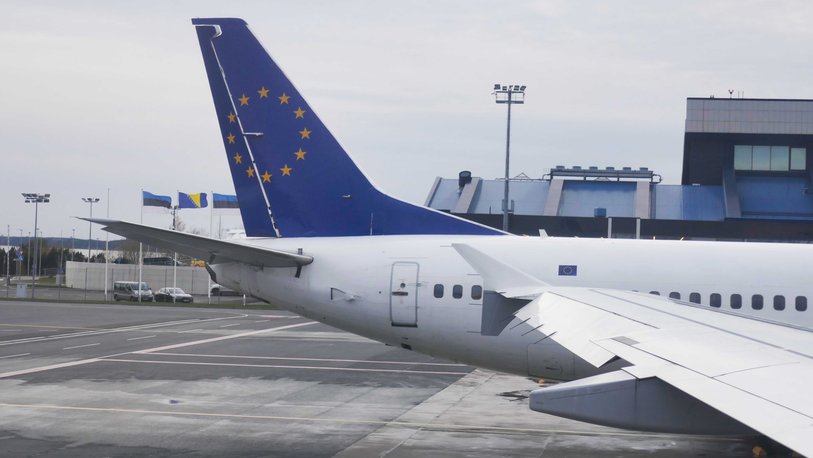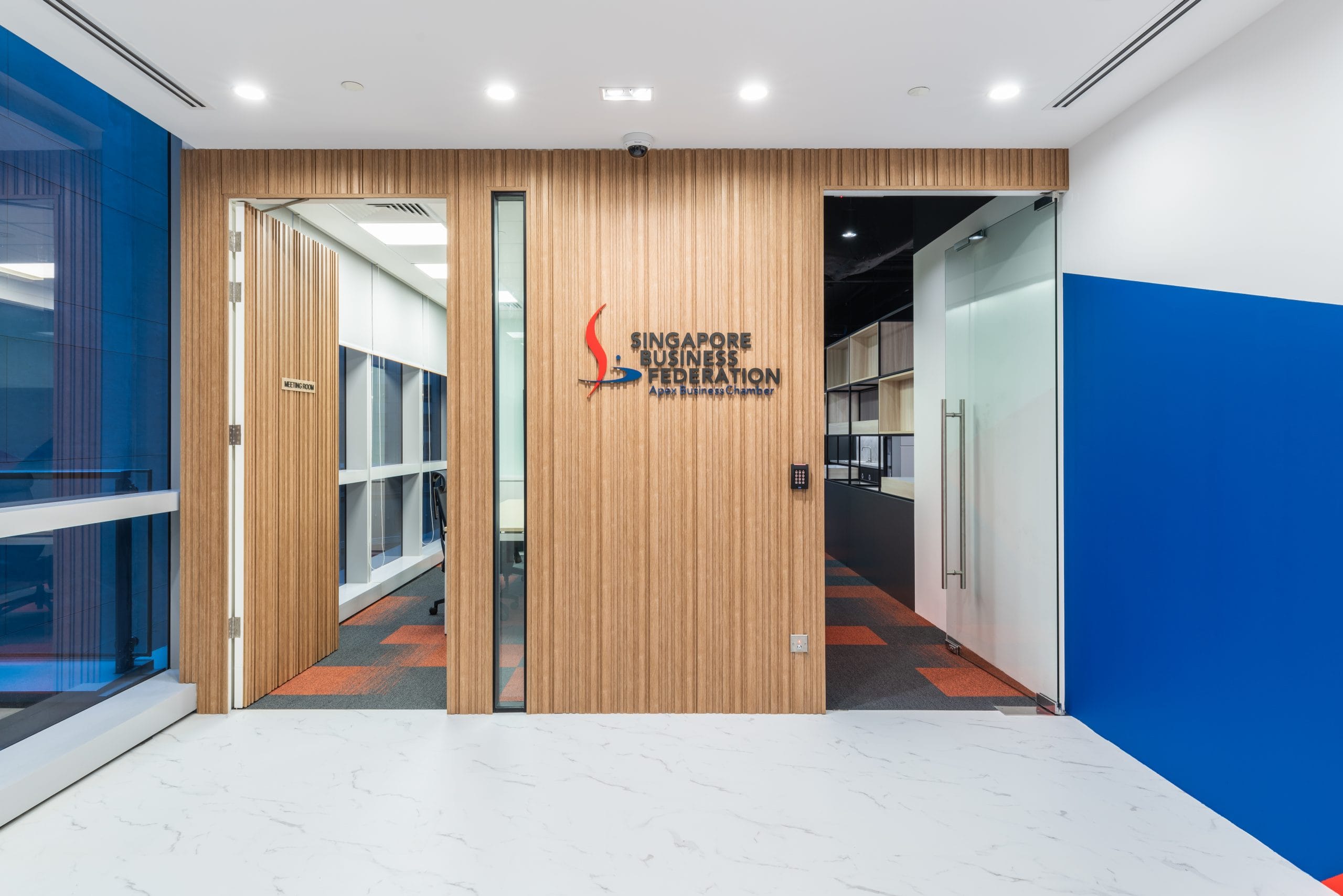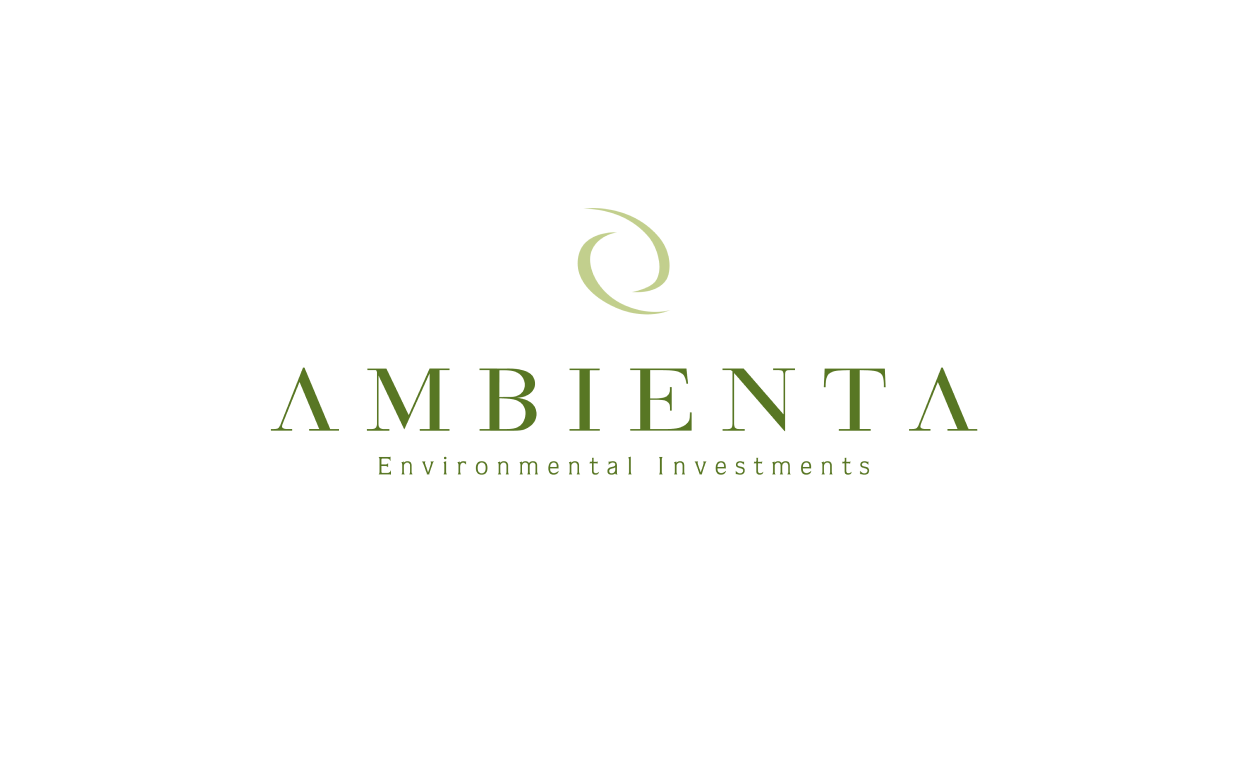EU Council and Parliament Strike Provisional Deal to Reduce Flight Emissions

The Council and the European Parliament reached a provisional political agreement on the revision of the EU emissions trading system (EU ETS) rules applying to the aviation sector. The agreement ensures that aviation contributes to the EU’s emission reduction objectives under the Paris Agreement.
According to the agreement, the EU ETS will apply for intra-European flights (including departing flights to the United Kingdom and Switzerland), while CORSIA will apply to for extra-European flights to and from third countries participating in CORSIA (‘clean cut’) from 2022 to 2027. When emissions from flights to and from outside the European Economic Area reach levels above 85% of 2019-levels, they will have to be offset with corresponding carbon credits, invested in emissions reductions in countries participating in CORSIA.
I’m glad that we have found an agreement that effectively paves the way for meeting our objective of reducing transport emissions by 90% by 2050. It will allow us to address aviation emissions within the EU but also outside by appropriately aligning the EU ETS with CORSIA and to ensure that airlines operating flights on the same routes are treated equally.
Marian Jurečka, Czech minister of the environment
The Council and Parliament agreed that after the 42nd Assembly of International Civil Aviation Organization (ICAO, which developed CORSIA) in 2025, the Commission will assess if the implementation of CORSIA by operators is sufficient to reduce aviation emissions in light of the objective of the Paris agreement. If CORSIA delivers on its objectives, the Commission will make a proposal to the Council and Parliament to extend the clean cut. If CORSIA is not sufficient, the Commission will make a proposal to extend the scope of ETS to all flights departing from the EEA.
See related article: EU Seals Deal to Curb Role in Deforestation with New Deal
Transparency of CORSIA emission data will be improved, starting from next year, while safeguards will be included to protect commercially sensitive information.
The co-legislators agreed to gradually phase out free emission allowances for the aviation sector as follows: 25% in 2024, 50% in 2025 and 100% from 2026. This means allowances will be fully auctioned from 2026. As regards the use of revenues, co-legislators agreed to transfer 5 million of allowances from the aviation sector to the innovation fund.
The Council and Parliament also agreed to set aside 20 million free allowances to incentivise the uptake of fuels that are in the short term a promising path for the decarbonisation aviation.
The co-legislators agreed that all fuels eligible under RefuelEU, except fuels derived from fossil fuels, will be eligible for the sustainable aviation fuels (SAF) allowances. The mechanism will be in place until 2030. Small islands, small airports and outermost regions will be able to cover the price differential between kerosene and eligible fuels with 100% of the SAF allowances in order to ensure the availability of the eligible fuels in these locations with specific supply constraints.
For all other airports, the coverage of the price differential will be modulated according to the type of fuel:
- 95% for renewable fuels of non-biological origin (RFNBOs)
- 70% for advanced biofuels
- and 50% for other eligible fuels.
Non-CO2 effects on climate from aviation are at least as important as the impact of CO2 alone. The agreement provides that the Commission will implement a monitoring, reporting and verification (MRV) system for non-CO2 effects in aviation from 2025. By 2027, the Commission will submit a report based on the MRV and, by 2028, after an impact assessment, the Commission will make a proposal to address non-CO2 effects.
In addition, the agreement takes into account specific geographical circumstances and, in that context, proposes limited derogations for outermost regions.












